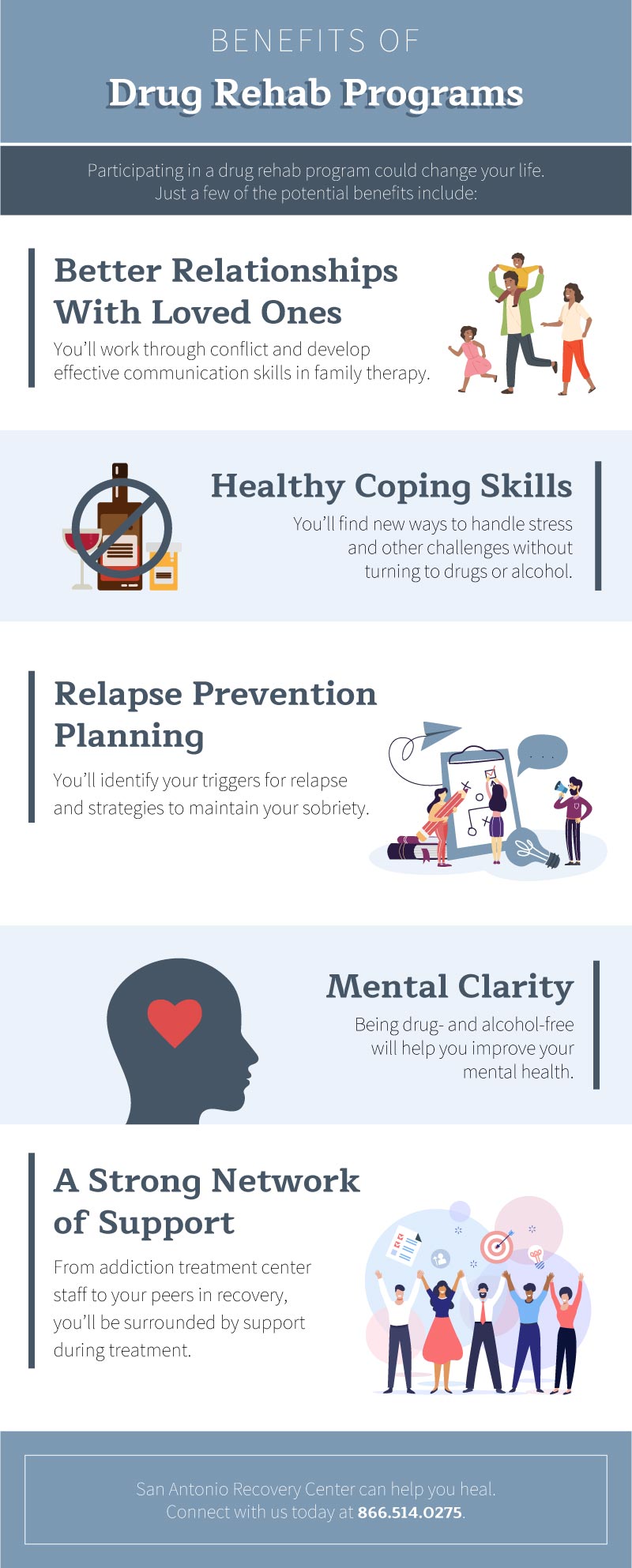Compassionate Treatment: Exploring Addiction Treatment Centers Near You
Compassionate Treatment: Exploring Addiction Treatment Centers Near You
Blog Article
Browsing the Journey of Cleansing in the Comprehensive Addiction Therapy Program
The procedure of detoxification holds a substantial function in breaking the physical reliance on compounds and preparing the individual for the subsequent stages of therapy. As people grapple with the difficulties of withdrawal signs and the uncertainties that exist ahead, having a durable assistance and an organized strategy system in location comes to be critical.
Importance of Detoxification in Recuperation

Detoxification establishes the foundation for the remainder of the dependency therapy program by preparing the individual for more treatment and therapy. By cleaning the body of compounds that have been clouding judgment and influencing behavior, detoxification allows people to approach their healing with a clearer mind and stronger focus.
Additionally, detoxing aids in managing the potentially serious withdrawal signs that may develop when medication or alcohol use is stopped. Doctor carefully monitor clients during detoxification to ensure their security and give essential support. With this process, individuals can start their trip in the direction of sobriety with a stabilized mental and physical state, boosting the chance of an effective recovery.
Recognizing the Detoxification Process
Detoxing, a basic element of addiction therapy programs, includes a structured process targeted at securely getting rid of hazardous substances from the body to help with an effective recovery trip. The detox process generally begins with an analysis to assess the individual's compound usage history, physical health and wellness, and psychological well-being. This evaluation helps medical care experts determine one of the most appropriate detox plan customized to the individual's needs.
During detoxification, the body undergoes withdrawal as it adapts to the absence of the substance. Withdrawal signs and symptoms vary depending on the sort of compound used, the period of usage, and specific factors. Medical guidance during detox is vital to handle withdrawal signs and make sure the person's security and convenience.

Handling Withdrawal Signs

Medications may be utilized to reduce details withdrawal signs and lower discomfort. Medicines like methadone or buprenorphine can assist handle opioid withdrawal symptoms, while benzodiazepines may be used for alcohol withdrawal. It is crucial for healthcare service providers to very carefully monitor the individual's feedback to these medicines to ensure their safety and effectiveness.
In addition to medicinal treatments, helpful treatments such as counseling, peer assistance groups, and you can find out more holistic techniques like mindfulness reflection or yoga can assist people manage the emotional and psychological challenges of withdrawal. By dealing with withdrawal signs and symptoms comprehensively, health care carriers can improve the detoxification experience and support individuals on their trip to recovery.

Assistance Solutions Throughout Detox
Support group her comment is here play a vital role in offering social and emotional help to individuals undergoing detoxing in addiction treatment programs. During the detoxification process, individuals often experience a variety of emotional and physical withdrawal signs and symptoms, making this phase challenging - Addiction Treatment Center. Having a solid support group in position can dramatically affect the person's capacity to browse through detox efficiently
Assistance teams supply a platform for individuals to link with others that are going with comparable experiences, providing a sense of community and shared understanding. Health care professionals, including medical professionals, therapists, and specialists, play an important function in keeping track of the individual's progression, giving medical assistance, and providing guidance throughout the detox process.
Looking Ahead: Life After Detox
Having effectively completed the cleansing phase, individuals in dependency treatment programs now concentrate on getting ready for the difficulties and chances that exist ahead in their journey towards recovery. Life after detox notes a critical change duration where individuals have to remain to improve the progress made during detoxification to preserve their sobriety. It is crucial for people to recognize that the trip in the direction of recuperation is recurring and calls for dedication, dedication, and a willingness to accept modification.
One trick aspect of life after detoxification is the growth of dealing systems to handle triggers and food cravings that may arise. This may include finding out new abilities, such as mindfulness practices, cognitive-behavioral strategies, and anxiety monitoring methods, to navigate tough circumstances without resorting to material usage. In addition, people are encouraged to proactively take part in ongoing treatment, support groups, and aftercare programs to reinforce their assistance network and receive advice as they navigate the intricacies of life post-detox.
Final Thought
Finally, cleansing is a critical component of the extensive dependency therapy program. Comprehending the detoxification procedure and managing withdrawal signs and symptoms are necessary steps towards recovery. Assistance systems play a considerable role try this site during this tough trip. Addiction Treatment Center. Looking in advance, life after detox holds guarantee for a much healthier, substance-free future. It is necessary to recognize the value of detoxification in the procedure of getting over addiction and moving in the direction of a life of soberness.
Clinical guidance during detox is important to take care of withdrawal symptoms and ensure the individual's safety and convenience.
By comprehending the detoxification process and its importance in breaking the cycle of addiction, individuals can get started on a path in the direction of lasting recuperation.
Throughout the detox procedure, people frequently experience a variety of physical and psychological withdrawal signs, making this phase tough. Health care experts, including therapists, medical professionals, and therapists, play a critical function in keeping track of the individual's development, supplying clinical support, and using guidance throughout the detoxification process.
Life after detox marks a critical change duration where people must continue to develop on the progress made during detoxification to keep their soberness.
Report this page